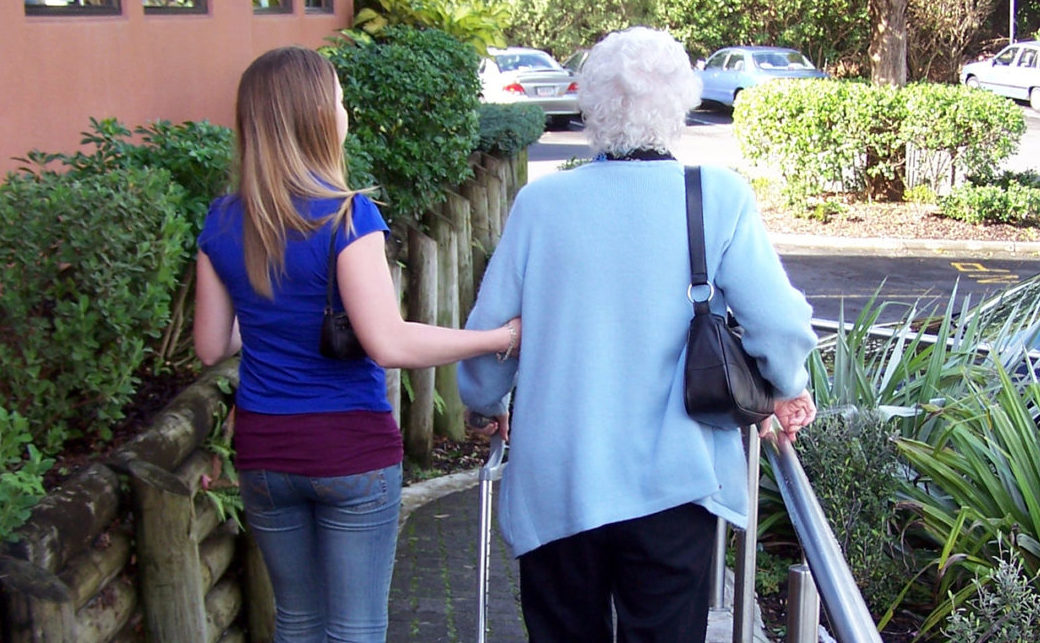Greetings all my Reframing Friends,
I’m in the process of finishing a book so I’ve asked several guests to write posts for me. Cindi is amazing. I’m sure you will love what you read below.
Who Takes Care of the Caregiver?
By Cindi Ferrini
Adjustments to any challenge are difficult, especially when it is both physically and emotionally draining. An initial diagnosis that is life changing puts the attention on the problems and issues of the person needing care, and often the caregiver’s needs are overlooked or at best put aside temporarily.
Unfortunately, we don’t always know whether this care we give is for a season or a lifetime.
By the time we figure out that God has presented us with a challenge that will last a lifetime, the caregiver is already well into a routine that others think is going pretty smoothly.
We say “going smoothly” because a caregiver eventually develops a routine—one that is usually very exhausting but works. Others think it’s easy because the caregiver is “just doing what needs to be done” and doesn’t have time to ponder how tired or even frustrated they are.
A Walgreen’s ad put it best: “If only caregivers had caregivers.” Yes, the caregivers—supportive, sensitive, caring, available, loving, and tired.
Because caregiving can be and often is a full-time job we need to understand that although great satisfaction can come from caring for a loved one, some very negative outcomes can put the caregiver at great risk as well.
Like the tension on a piece of elastic, we can handle a lot of tension and frustration for a long time; but at some point something has to give.
Stress involves feeling responsible for what we cannot control or putting pressure or strain on something.
Stress can be good; for example, when preparing to go to college or planning a wonderful wedding, the activities make us feel alive and excited.
Stress can also be bad, as when dealing with . . .
- Difficult in-laws
- Money problems
- Divorce
- Trying to accomplish too much in a day
Sometimes we get rolling, and we don’t know when whatever we are doing becomes too much or when the good stress turns bad, much like driving the highway without realizing we’ve gone from 60 to 80 mph when all of a sudden we see the police car on the side of the road!
We may have been cruising for a while at 80 mph, but we suddenly realize we’d better slow down.
Just as we grew accustomed to driving the highway at a high speed, we adjust to cruising life at unsafe speeds and become comfortable there.
What we are doing works for us and might even feel comfortable, but at some point we will run out of gas! We know what to do but often believe we can’t slow down or simply fail to see the need until something stops us.
What might stop us is, for example, a marital relationship falling apart at the seams or our kids showing signs of rebellion because we aren’t taking care of the relationships properly.
What has stopped me from time to time is my back “going out” or the time I lost huge clumps of hair, leaving a bald spot the size of a tennis ball on the side of my head.
In our minds we may think we’ve got it under control, but our bodies may start falling apart, unable to take the pressure we’re putting on them—emotionally or physically.
Many drive the road to weary without even knowing we’re headed there. Stressors like . . .
- Protecting the person we care for
- The many choices we must make
- Life-threatening procedures or surgeries
- Financial burdens
- Guilt
- Dealing with the perceptions others have of our situation
- Disagreements on treatments
- Sibling resentment or extended-family squabbles
- Finding competent medical doctors, therapists, and teachers
All of these things add up to pressure. Sometimes we put the stress on ourselves, and sometimes others try to put it on us.

Of the 60 or so ideas shared in Unexpected Journey—When Special Needs Change our Course, here are a few ways for caregivers to begin to care for themselves:
- Establish boundaries with people
- Budget “buffer” time into the day, allowing time for unexpected delays, planned pressure, emergencies and “life”
- Listen to slow, soothing music rather than fast or loud music
- Pray
- Get exercise
- Laugh! Laugh hard!
- Cry—Cry hard!
- Enjoy a movie—even if it has to be one you rent when you can’t get out
- Play a game
- Say yes to help
- Seek support from support groups or others in a similar situation
Allow others to help, but don’t wait for others to see that you have a need. When you sense you need a break, find ways in your situation that will allow for it.
Be creative and look for ways to get refreshed, because if we don’t take good care of ourselves we can’t take good care of our loved one who needs us!
Let Me Hear From You
The human body cannot function well without rest. Most caregivers, myself included, put off doctor appointments, time for play, adequate sleep, and self-care support.
Because I did not choose to slow down, the years of caregiving caught up with me; I live with chronic pain and other challenges.
Will you take these words to heart . . . please! How can I help you find time for you in the days ahead? If you have found ways to rest, will you share your ideas here? I would love to discuss this together.
You can leave a comment by clicking here.
About Joe and Cindi
Dr. Joe and Cindi Ferrini are authors, speakers, and bloggers for several blogging sites on family and special needs. They speak nationally for FamilyLife Weekend to Remember Marriage Get-a-Ways, authored Unexpected Journey—When Special Needs Change our Course, and have been interviewed on Focus on the Family, FamilyLife, and various other radio and television venues.
Connect with them at www.cindiferrini.com and on social media at: www.facebook.com/cindi.ferrini, www.facebook.com/UnexpectedJourney/, www.facebook.com/MyMarriageMatters/
